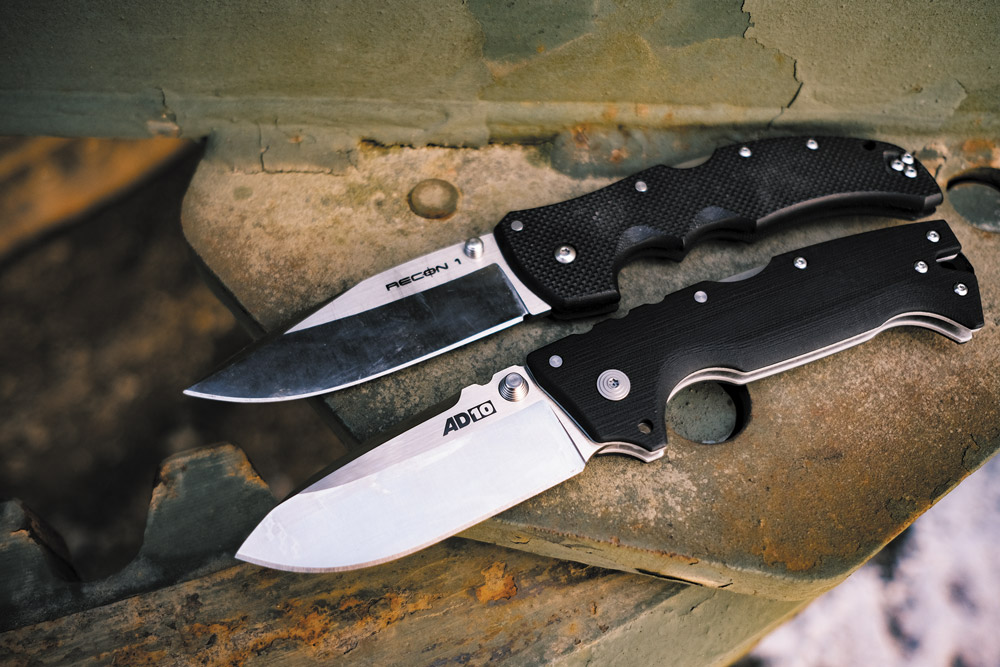For kitchen professionals, the art of using knives goes beyond just cutting and slicing; it's about precision, efficiency, and maintaining a diverse arsenal of tools to tackle any culinary challenge. One key aspect of this arsenal is the folding knife collection. This guide will delve into essential folding knife collection tips that every kitchen pro should know.

The Importance of a Well-Curated Collection
Having a well-curated collection of folding knives is more than just a hobbyit's a professional investment. Whether you're a chef or a culinary enthusiast, the right selection of knives can significantly impact your kitchen performance. From slicing delicate fish to dicing vegetables, folding knives offer versatility and convenience. To understand more about the different types of knives and their uses, check out this informative article on types of knives.
Key Considerations for Building Your Collection
1. Understanding Blade Material
The blade's material is crucial in determining a knife's durability and performance. Most folding knives for kitchens are made from stainless steel, carbon steel, or titanium. Stainless steel offers excellent corrosion resistance, while carbon steel provides superior edge retention. Titanium, although less common, is valued for its lightweight and sturdy nature. For a deep dive into pocket knife blade shapes, explore this guide.
2. Choosing the Right Size
Size matters when it comes to folding knives. A blade that's too large may be cumbersome in tight kitchen spaces, while one that's too small might not handle certain tasks effectively. The ideal size often depends on personal preference and the specific tasks you perform regularly. For beginners, this beginner's guide can help you select the appropriate size.
3. Maintenance and Care
Proper maintenance is key to prolonging the life of your folding knives. Regular cleaning, sharpening, and proper storage can keep your knives in top condition. It's important to dry your knives thoroughly after washing to prevent rust and corrosion. For an in-depth look at caring for your folding knives, you may find this budget folding knives guide useful.
Expanding Your Collection
As you gain experience, you might want to expand your collection. Consider adding specialized blades that cater to specific culinary tasks. For instance, a serrated folding knife can be excellent for slicing bread or tomatoes, while a cleaver-style folding knife might be perfect for chopping herbs or vegetables.
1. Exploring Different Brands
Different brands offer unique features and qualities. Renowned brands often provide knives with better balance, ergonomics, and longevity. Researching various brands and reading reviews can help you make informed decisions when adding to your collection. The Buck fixed blade knives article provides insights into reputable knife manufacturers.
2. Budgeting for Your Collection
While it's tempting to invest in high-end knives, it's essential to balance quality with budget. Determine your needs and allocate your budget accordingly. There are excellent folding knives available across various price points, ensuring you don't have to compromise quality for cost.
Conclusion
Building and maintaining a folding knife collection as a kitchen professional is a rewarding endeavor. By understanding the key considerations, such as blade material, size, and care, you can ensure your collection meets your culinary needs. Keep expanding your knowledge and collection, and you'll find that the right knives can elevate your kitchen experience significantly. For more insights into the advantages and disadvantages of folding knives, visit this article.

FAQs
1. What is the best material for a folding knife blade?
Stainless steel and carbon steel are popular choices due to their durability and edge retention. Titanium is also valued for its lightweight characteristics.
2. How often should I sharpen my folding knives?
It depends on use, but generally, regular sharpening every few weeks ensures optimal performance. Pay attention to the knife's performance and sharpen as needed.
3. Are expensive knives worth the investment?
High-end knives often offer superior balance and longevity, making them a worthy investment for professionals. However, excellent quality knives are available at various price points.
This article contains affiliate links. We may earn a commission at no extra cost to you.


























